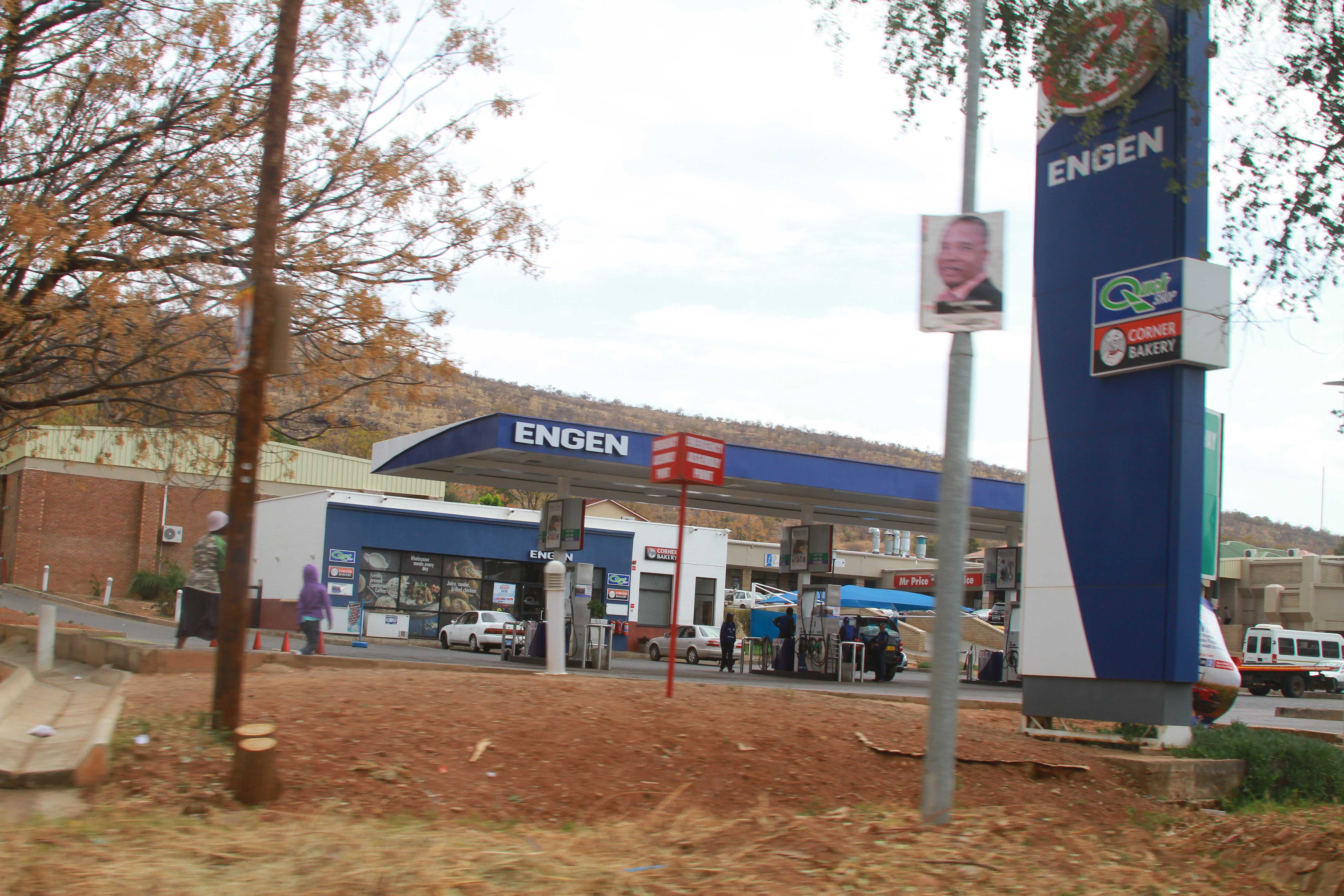- Gov’t owes fuel companies P1.2billion
- Fuel companies could fail to pay suppliers
- Industry financial stability could be affected
GAZETTE REPORTER
The sole listed petroleum services firm, Engen Botswana is feeling the pressure from the undisclosed millions of Pula which government is failing to pay the firm as under-recoveries, because of the depleted National Petroleum Fund (NPF).
Board chairman, Shabani Ndzinge said that during the course of 2017, the board initiated a series of engagements with the Government of Botswana requesting them to urgently settle the accumulated slate under-recovery that had accrued during the period January 2016 to December 2017.
“This became necessary in order to ensure the continued financial stability of the sector and to avoid possible disruption of the supply of fuel into the country through the failure of local oil companies paying their suppliers,” he said, adding further that while this matter had not been fully resolved, it is their expectation that it will be addressed conclusively without further delay.
According to Director at the Department of Energy, Baruti Regoeng, government owed fuel companies a whopping P1.2 billion last week. This is money owed to Engen, together with its counterparts at Shell, Caltex, Total to mention but a few. It also means that each company has more than P100 million due from government, which according to Engen chairman, could affect the financial stability of the entire industry.
An under-recovery occurs when the landed cost of fuel exceeds the retail pump price at the forecourts which has been the case in Botswana. Prices of crude oil have steadily increased to its current level around $75 per barrel, over approximate 100 percent surge in price since 2016. During this time, however fuel prices in Botswana have barely changed; effectively a 4 percent increase. Government failed to compensate oil companies for high cost of imports because they sold at lower margins. This resulted in increasing negative slate balances.
Through the NPF, government was supposed to compensate fuel companies for the under-recovery because they are literally selling fuel at a price per litre lower than the cost of importing.
The NPF was established under the NPF order which was then put under the Finance Act. The role of the NPF was to provide funding for the construction and management of fuel storage facilities, procure petroleum products as well as to stabilize fuel pricing.
NPF is currently scandal ridden after prominent asset manager, Bakang Seretse, former Director at Department of Energy Kenneth Kerekang and Botho Leburu, are facing charges of money laundering after they allegedly misappropriated funds from the NPF.
A slate levy is applicable on fuel to finance the under-recoveries as they can negatively impact cash flows, working capital, and shareholder returns for oil market companies like Engen, Shell and Caltex. Slate cost recoveries is defined as the regulated pump prices minus the Basic Fuel Price (BFP) which includes levies such as the Road Fund Levy and MVA Levy. The BFP is based on the import parity pricing principle. That is: what it would cost a Botswana based fuel importer (Engen) to purchase fuel from an international refinery, transport the product from that refinery, insure the product against losses at sea and then transport the product to Botswana via rail or road.
The BFP of retail pump prices for petrol, diesel and illuminating paraffin is calculated on a set period basis such as daily or monthly. Factors that influence the BFP include: international crude oil prices; international product supply/demand balances; product inventory levels; geopolitics; Pula/US Dollar exchange rate; international refining margins; and weather patterns in the Northern Hemisphere.
Government has set recommended pump prices at P8.19 per litre at minimum, but it emerges that it costs fuel companies around P9.60 per litre to bring fuel here, which leaves P1.41per liter in under-recovery. That balance was supposed to have been paid for from the NPF.
Over-recoveries are when the regulated pump prices exceed the BFP including levies. So in Engen’s case, under-recoveries, have been experienced when pump prices are below the BFP including levies.

